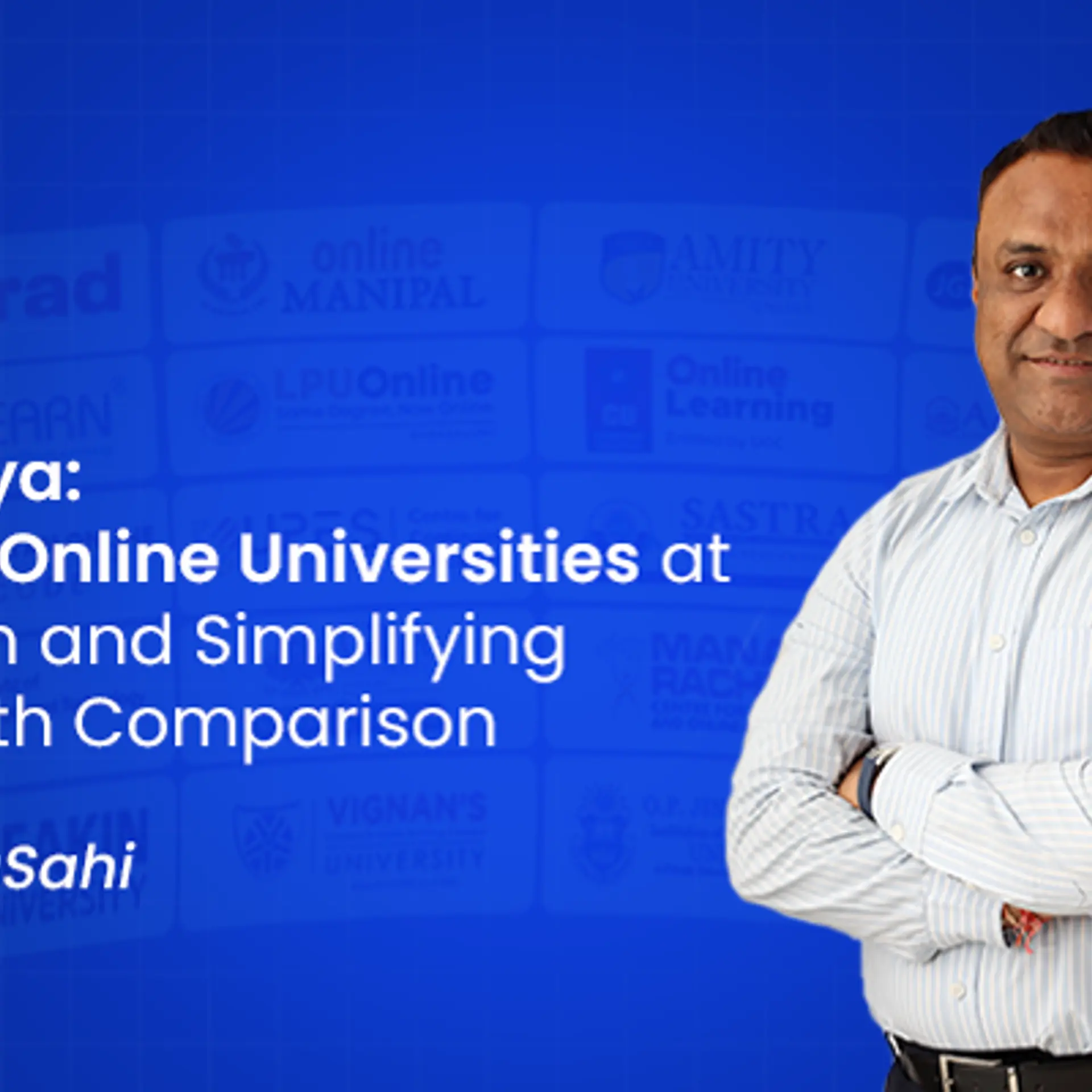‘We harness Big Data to give small data back to millions of users:’ Lambelet of paper.li at TechSparks 2014
Around half a decade ago, Clay Shirky, writer and internet technologies analyst, opined, ‘It’s not information overload. It’s filter failure.’
It’s around this catchphrase Edouard Lambelet and Iskander Pols built paper.li in 2010, an online content curation service that allows anyone to publish newspapers on their own topic of interest. Lambelet, on paper.li, too, curates the Content Curation Industry News newspaper, whilst Pols curates Beekeeping News.

In a matter of six months, paper.li users soared from zero to two million. It now has users like Spanish footballer Gerard Piqué and internationally renowned journalist Katie Couric.
So it’s only natural that TechSparks 2014 saw Lambelet share his success story in the new game of content circulation, and the wonders it can do for us.

‘We are small, like Israel, so we have to think global from Day One.’
Lambelet set up the atmosphere with a brief introduction to his home country to audience laughter: Switzerland is more than just cheese and watches. Smaller than Bangalore, Switzerland is an EU forerunner in education and innovation, being a tech-heavy nation. Switzerland’s success, and by extension paper.li, is because of its very nature. 79% of its expatriate population works in the Swiss high-tech industry. This focus on technology in Switzerland is a natural result of its minimal natural resources. One of the most innovative and tech-savvy countries in the world, Switzerland is a few reforms away from being the latest global startup capital.

Edouard Lambelet
The new game of content circulation
In early 2014, Lambelet reminds us, Turkey’s Erdogan banned the micro-blogging site Twitter, only for Twitter users to engage in a concerted digital coup that lead to an average of 17,000 tweets going out into the digital sphere per minute (Lambelet mistakenly says ‘days’). Lambelet’s point, nevertheless, is to reinforce the power of content in the 21st century. It has very few boundaries even when restrictions are put in place. Plainly put, Big Data is really big.
The internet is an endless entity with more than 2.5 billion gigabytes of data being generated on a daily basis. And, that’s only a rough out-dated estimate. It is, as Lambelet says, a ‘noisy space’.
‘We harness Big Data to give small data back to millions of users.’
Lambelet believes content access is currently de-intermediated, nomadic and de-contextualised for the everyday user. The problem here is to find a balance between content discovery and search by negotiating the space in between.
Three areas of focus are important, then: people engagement around context, building communities of interest or purpose and personal branding & content marketing.
The natural solution to all these content access issues, to Lambelet, was to crowdsource the newsroom by getting bloggers, journalists, fans, experts, enthusiasts and your average Joe to curate content. In essence, it’s the democratisation of the newsroom, a rallying cry in the Anonymous-charged internet society of the 21st century. In many ways, it also reflects Switzerland’s own commitment to democracy and free speech.
From an Indian context, paper.li makes even more sense. We’re a furiously diverse nation whether it is Leh in the north, obscure tribes in Indian forests or the far North-East. India is an untapped resource of content, and a curation platform like paper.li could be a powerful and liberating force in this country, and others alike.
The 12-member digital Übermensch team
Lambelet believes the success of paper.li is largely due to its physical makeup: low-tech users, and high-tech inside. With just 12 members working on paper.li, the team now handles four million users generating 250 million words a day and 50 million articles.
20 years ago, he says, a business model like this would have been completely unthinkable, even laughable. But the internet, the new business trends that startups have introduced, the way startups have changed the workplace ecosystem, the nature of content generation and access, have made it possible and lucrative now to have paper.li’s model.
Their next aim: new layouts and a simplified UX/UI on an internet that is increasingly cluttered and disorganised.

Constant change, constant content
That essentially is the name of the game in the 21st century. Lambelet tells us the paper.li policy is to never be satisfied with what they do and we shouldn’t either. Continuous change accordingly demands continuous change. It helps that content discovery is in its infancy, and users are constantly in some state of searching. This means there is a vast space open for content access technologies to thrive, develop and evolve. It’s also a lesson on how India, too, needs to focus on areas of developmental infancy where it can globally lead change.
In what is Lambelet’s first visit to India, he expressed his belief in humans as part ofsimply one species, an egalitarian perspective of the world that aligns harmoniously with the idealistic principles netizens want to embrace.
To Lambelet, India’s ecosystem for startups is a learning experience.
It’s safe to say Indians feel similarly about Lambelet’s home country and paper.li.
You can follow Edouard Lambelet on @edouardlambelet.
You can also check out swissnex India (TechSparks partner) website to know more swiss startups in India.







